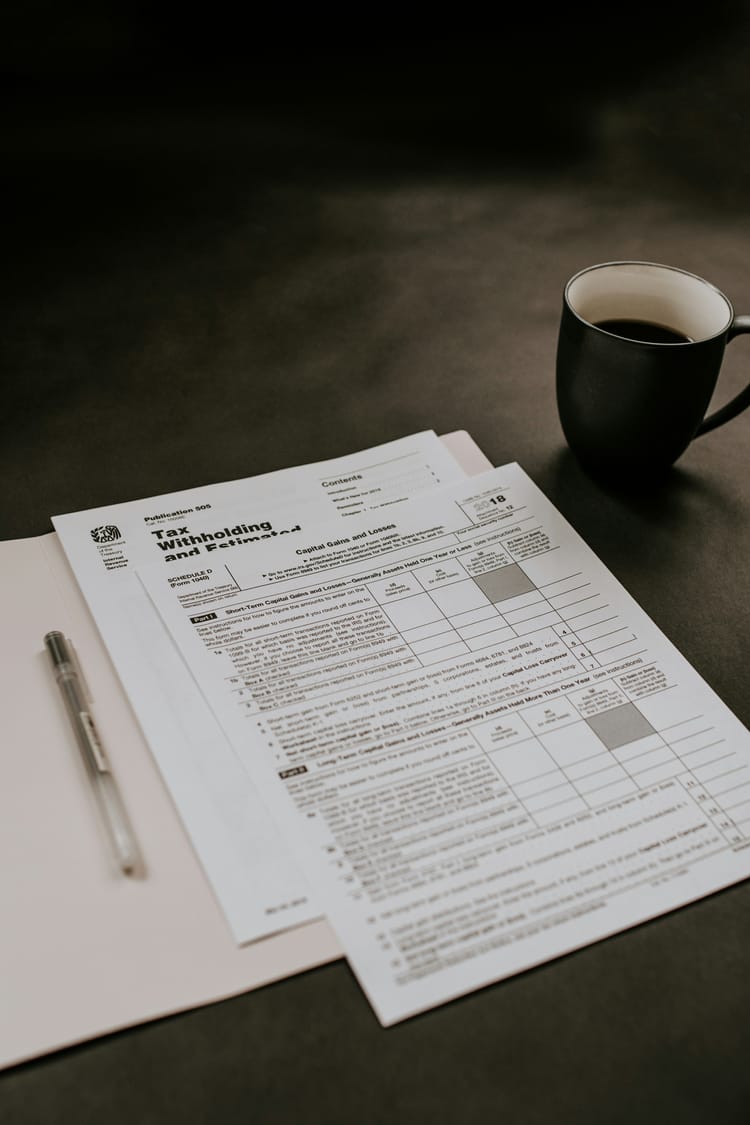How far back does a mortgage lender look in regards to income verification?

Short Answer:
Lender's typically look at income for borrowers for the past 2 years.
Long Answer:
When applying for a loan, one of the key factors that lenders consider is your income. Understanding how far back lenders look for income purposes can help you prepare your financial documents and increase your chances of loan approval. Here's a detailed look at what you need to know:
How Far Back Do Lenders Look?
- Standard Time Frame:
- Two Years of Income History: Most lenders typically require at least two years of consistent income history. This period provides them with a reliable snapshot of your financial stability and ability to repay the loan.
Are there different timeframes based upon the typy of income?
- Salaried Employees: If you are a salaried employee, lenders will usually ask for your W-2 forms and tax returns for the past two years. In addition, they will request recent pay stubs to verify your current income.
- Self-Employed Individuals: For self-employed individuals, lenders often require two years of personal and business tax returns. They may also ask for a year-to-date profit and loss statement to assess the current financial health of your business.
- Other Income Sources: If you have additional income sources such as rental income, dividends, or alimony, lenders will typically require documentation for the past two years to verify these earnings.
Are there exceptions to this two year rule?
- Recent Job Changes: If you have recently changed jobs but remain in the same industry, some lenders may accept a shorter income history, especially if you can demonstrate a stable career path.
- Seasonal or Irregular Income: For those with seasonal or irregular income, lenders may look at a longer history to get an accurate picture of your earnings. This could mean providing additional documentation beyond the standard two years.
Why Two Years?
- Risk Assessment: Lenders use the two-year period to assess the risk of lending to you. A consistent income over this time frame suggests financial stability and a lower risk of default.
- Regulatory Requirements: Many lending institutions follow guidelines set by regulatory bodies, which often recommend a two-year income verification to ensure responsible lending practices.
What types of income documents are needed for a mortgage approval?
- Current income documents - paystubs, profit and loss statements, annual annuity, pension or social security notices
- Tax Documents: W2s, 1099s, K1s Federal Tax Return
- Be Transparent: Provide accurate and honest information. Lenders may verify your income through various means, and discrepancies can lead to delays or denial of your loan application.
Conclusion
Understanding how far back lenders look for income purposes is crucial for anyone seeking a loan. By preparing your financial documents and understanding the requirements, you can streamline the application process and improve your chances of approval. Whether you're a salaried employee, self-employed, or have multiple income sources, knowing what lenders expect will help you present a strong case for your financial reliability
These blogs are for informational purposes only. Make sure you understand the features associated with the loan program you choose, and that it meets your unique financial needs. Subject to Debt-to-Income and Underwriting requirements. This is not a credit decision or a commitment to lend. Eligibility is subject to completion of an application and verification of home ownership, occupancy, title, income, employment, credit, home value, collateral, and underwriting requirements. Not all programs are available in all areas. Offers may vary and are subject to change at any time without notice. Should you have any questions about the information provided, please contact me.
Find more answers to mortgage & real estate questions at www.jdanswersquestions.com
DMV mortgage, OH Mortgage



